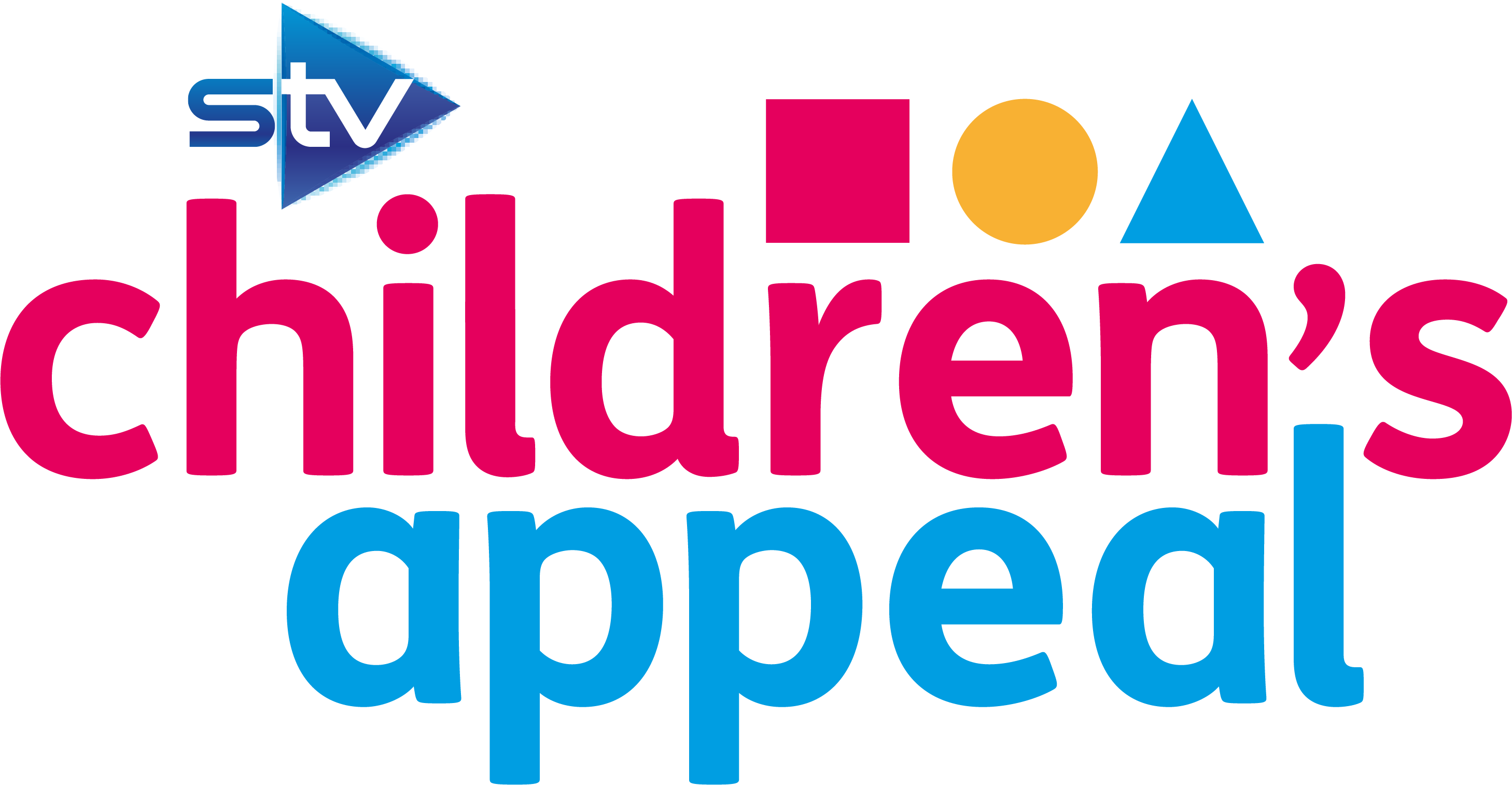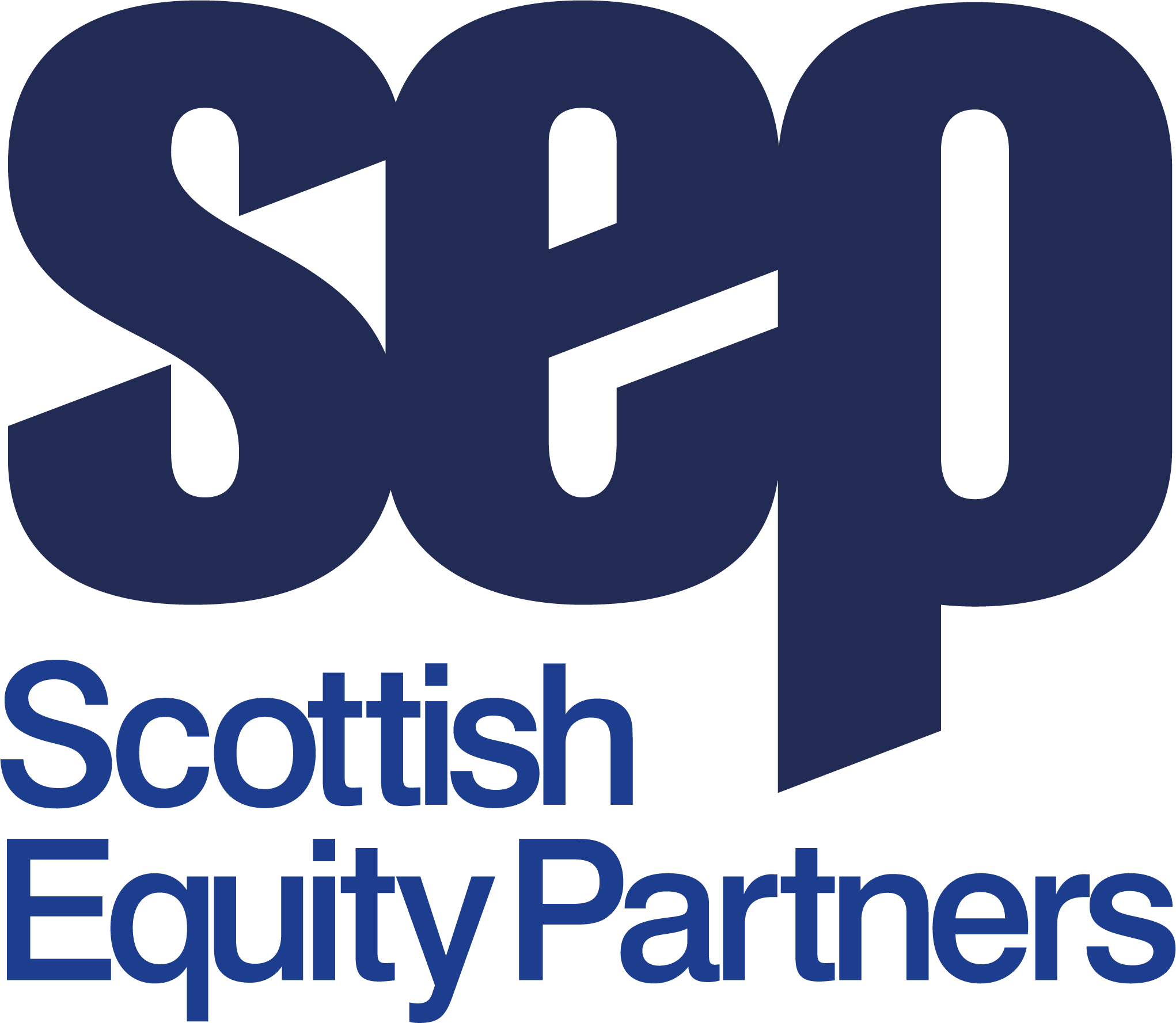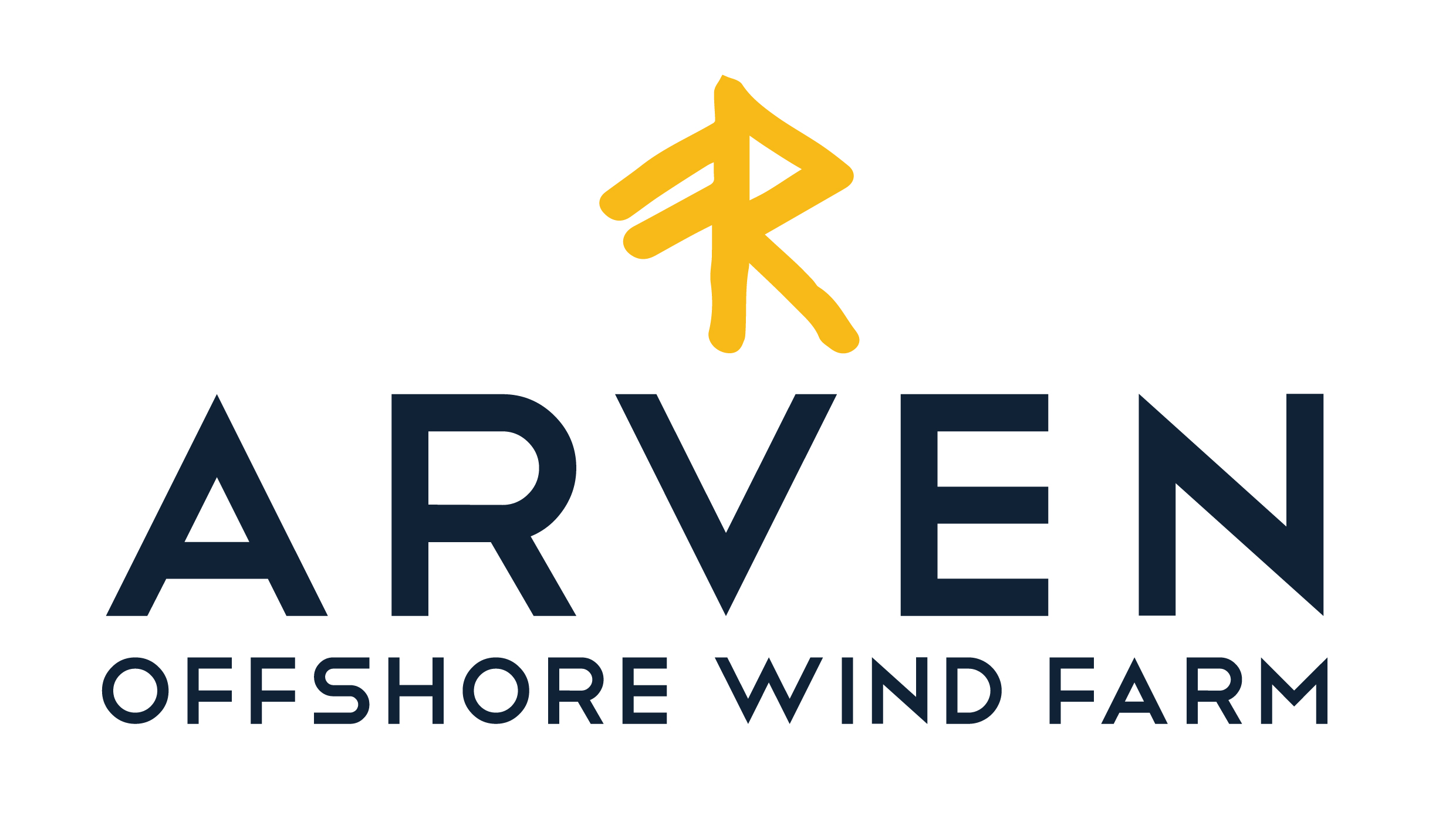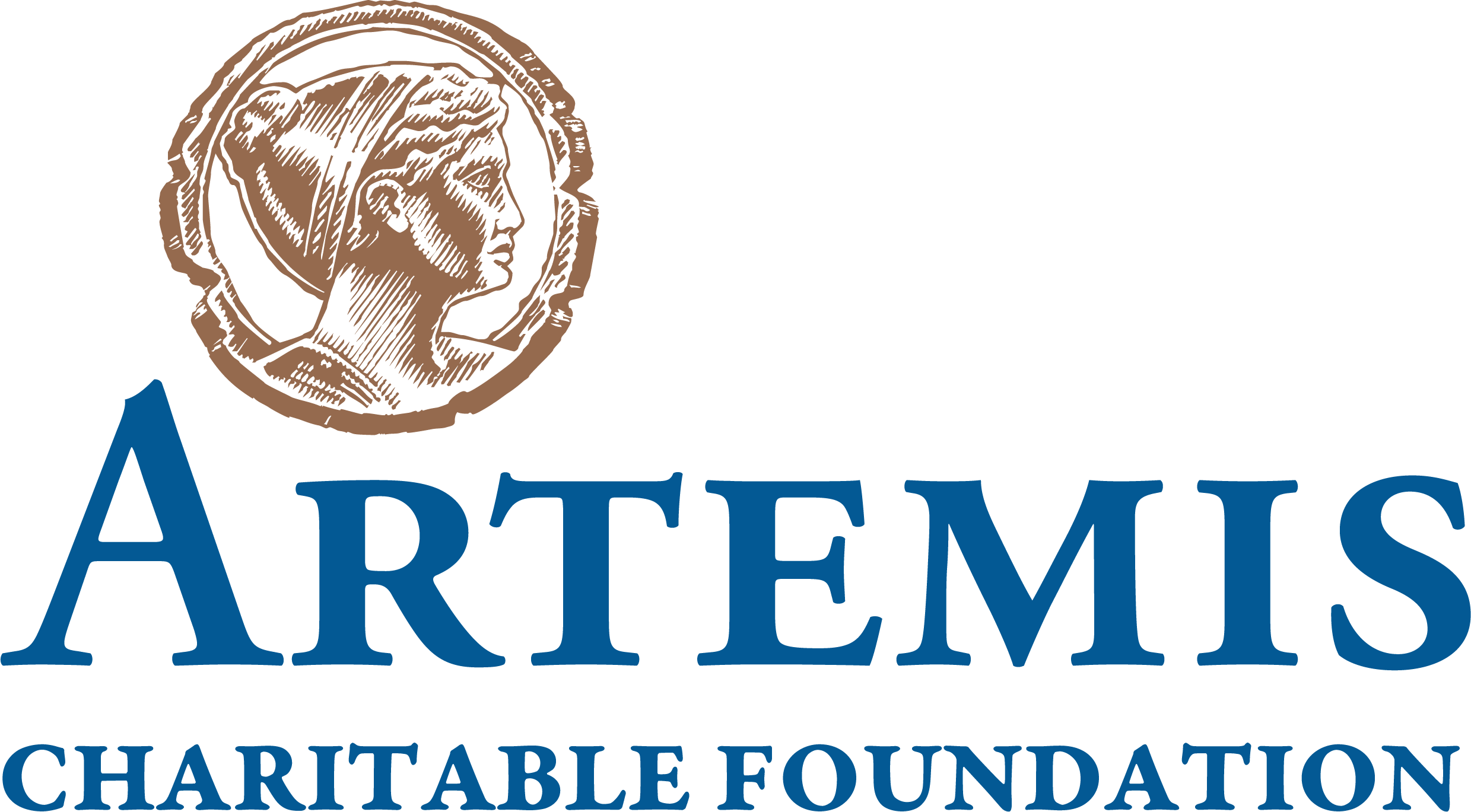This paper will explore how real-world context supports the development of skills for learning, life, and work. Meaningful skills development has been identified as a key driver for schools in order to prepare the workforce of the future.
It will further examine the role of the Youth and Philanthropy Initiative (YPI) in developing metaskills; empowering young people to become socially-cognisant, adaptive learners who are engaged with and contribute to their communities.
As the economy enters the Fourth Industrial Revolution (Skills Development Scotland (SDS), 2018), employment opportunities are changing with the advancement of digital technologies.
Employers are now seeking more human centric skills including collaboration, creativity, adaptability, and emotional intelligence for their teams (Van Nuys, 2020). This supports the position that academic qualifications alone are not enough to support young people in making the transition from school to further education or employment (Impetus, 2019).
Relevant work experience remains the attribute most sought by employers (65%), and half are seeking basic competence in Maths and English (Scottish Government, 2019). 46% seek relevant vocational qualifications, with only 35% seeking relevant academic qualifications when hiring (Scottish Government, 2019). Cullinane & Montacute (2017) found that 88% of young people, 94% of employers, and 97% of teachers felt life skills were more important than academic qualifications.
Bousted (2019) highlights the ‘plethora’ of reports detailing the ‘missing skills’ in young people and the need to ‘bring employers’ requirements together with the learning that takes place in schools’.
It has been stated that young people must be provided opportunities to develop their metaskills ‘to collaborate and empathise with others, creating their own futures’ (SDS, 2018). Through the intentional development of metaskills, young people are better equipped to lead their own learning and adapt to a variety of potential employment opportunities (Davis, 2020).
In addition, interacting with workplaces and the people within them can bring additional meaning to learning by contextualising knowledge and skills in real-world settings (Chambers et al., 2020). Young people exposed to ‘four or more’ activities with employers reduces the risk of them becoming ‘not in education, employment or training (NEET)’ by 22% (Education and Employers, 2020).
YPI acts as a vehicle for the development of metaskills, also providing young people with the opportunity to apply their learning in meaningful, real-life contexts through engagement with their local communities.
Skills
The Covid-19 pandemic has exacerbated the pace of change in education, due to home learning and the cancellation of SQA exams. There is a growing mandate for knowledge and skills to share equitable standing across learning, teaching, and assessment (UCAS, 2021; ICEA, 2020; ScotlandCan, 2020).
Skills act as a ‘bridge between knowledge and performance’ (SDS, 2018) and young people should be provided diverse opportunities to explore, learn, enhance, and apply their own skills.
Scotland’s Curriculum for Excellence aims to support young people in becoming successful learners, confident individuals, responsible citizens, and effective contributors (Education Scotland, 2009). Skills can be defined as ‘the mechanism by which we humans leverage our knowledge effectively to improve our individual and collective performance’ (SDS, 2018).
Skills education is aligned with the Metaskills 4.0 framework by SDS (2018). The framework highlights where there is ‘interrelationship and dependencies’ between the skills, supporting the development of other skills. They reflect discussions across skills literature (Van Nuys, 2020; Bakhshi, 2017) with three classifications:
- Self-management (managing the now)
- Social intelligence (connecting with the world)
- Innovation (creating our own change)
Each heading incorporates four skills concepts, and each has additional components, structured to ensure young people develop a diversity of skills that are ‘timeless’ (SDS, 2018). In addition, the Scottish curriculum aims to develop ‘universal skills’ such as literacy, numeracy, and digital intelligence (SDS, 2018).
A report by HundrED (2019) highlighted that there is a ‘mismatch between the skills that make young people employable and that are taught day to day, and the skills they should be learning to prepare for an uncertain future’.
As previously discussed, employers are currently seeking more human centric skills (Van Nuys, 2020) which digitalisation cannot currently compete with such as creativity and emotional intelligence (EQ). 60% of businesses agree that emotional intelligence is a critical skill for employees (Half, 2018).
Priestly and Humes (2010) discussed that skills development and active learning were general references ‘not to be structures of timetabling’ within the Curriculum for Excellence and that teachers were to be encouraged to ‘think imaginatively’ to deliver experiences and outcomes creatively. It was highlighted that there was little elaboration on how this may be achieved but was to be woven through all components of the curriculum.
SDS (2018) highlights that it can be challenging to ‘demonstrate metaskills outside of their context’, further supported by Education and Employers (2020) emphasising that ‘young people’s aspirations are influenced by exposure’. It evidences that to effectively learn and develop metaskills, there is a need for a real-life context to learning that is not solely teacher-led and classroom-based.
YPI and skills
Equitable opportunities which provide engaging and motivating learning experiences which resonate with and empower students are a vital part of the curriculum. Young people need educational experiences that are as interdisciplinary as the problems that we face today (Innovation Unit, 2019).
Through YPI, young people undertake independent research, develop creative products, and compete for a £3000 grant for their chosen social service charity. Unlike traditional school projects, YPI devolves genuine grantmaking and young people can see the tangible impact of their work on local communities, bringing learning to life.
YPI acts as a vehicle for delivering upon the SDS metaskills framework. It creates an environment for young people to lead their own learning and develop their skills with real-world application and tangible outcomes. With schools delivering to entire year groups, it is an equitable approach for young people to explore their strengths, values, and beliefs.
Young people use their initiative and take responsibility for their learning through YPI. This is exemplified by young people:
- Being self-motivated, reflective, and critical thinkers campaigning for their charity. This strengthens their resilience, giving them the courage to connect with their local communities, compete, and present in front of judges and peers.
- Working directly with charities, developing their communication skills. They actively listen and develop their emotional intelligence.
- Collaborating with their teams – negotiating, compromising, delegating, and leading – to understand the world, inspire others, and experience how they can be a part of change.
Digital literacy has long been a key component in the development of YPI presentations. With the recent acceleration in virtual student engagement, this has deepened and allowed for creative spaces for young people to explore their digital skills to tell stories, create products, and connect with the world. The experience allows for the ‘human-centric’ skills to be developed and applied in digital environments to continue developing learning.
From participating in YPI, 74% of young people stated that they had improved their collaboration skills by working with their team members and charity staff, this was further supported with 98% of teachers agreeing. 81% of young people and 89% of their teachers agreed that they had a better understanding of the feeling and emotions of others through direct engagement with charities. And 60% of young people and 91% of their teachers believed that YPI had supported them in being more creative as they prepared for their YPI presentations. Teachers have shared the impact that the YPI experience has on many young people’s confidence stating that ‘quieter students standing up and taking lead’.
During focus groups with YPI alumni (2020), young people spoke enthusiastically about being able to meet charities firsthand and experience what it is that they do within their local communities. Teachers highlighted increased engagement from young people as they used skills in a different way than they typically would within the classroom environment. YPI encourages young people to put their knowledge and skills into action to create change, providing an understanding of the working world. Through the practical application of skills, YPI gives young people the opportunity to thrive through what they are passionate about. It develops skills that they further apply throughout the education and employment pathways.
Conclusion
As the economy continues to endure and recover from the impact of a worldwide pandemic while entering a new Industrial Revolution, it is essential that young people are equipped with skills that will support them with change, adaptation, and innovation. In addition, the future jobs market is made even more challenging by the fact that ‘65% of children entering education today ultimately ending up in jobs that don’t currently exist (World Economic Forum, 2016).
However, ‘job creation is still expected to outpace job destruction over the next five years’ and ‘as the tasks between humans and machine shift there is a short window of opportunity to lead these transformations’ (World Economic Forum, 2018). Acting now to empower meaningful, context-driven skills development within schools is therefore vital.
YPI creates an environment, facilitated by education practitioners that sparks inspiration, creativity, and community engagement. With the provision of a real-life context to learning, young people can explore their own passions, motivations, and values; understanding how their skills will support their future.
For a PDF version of this paper which includes references, please click here.



















